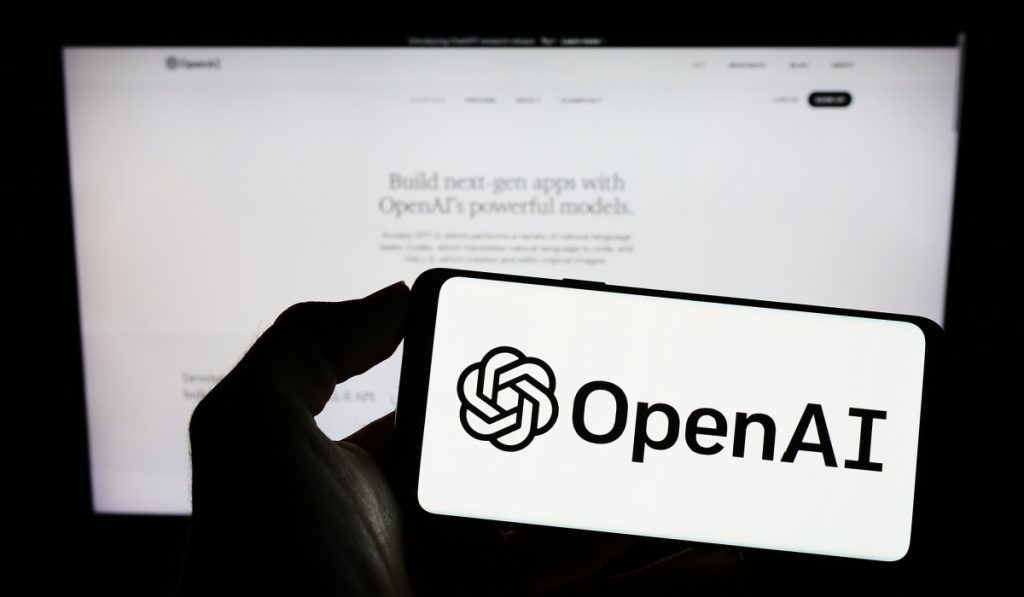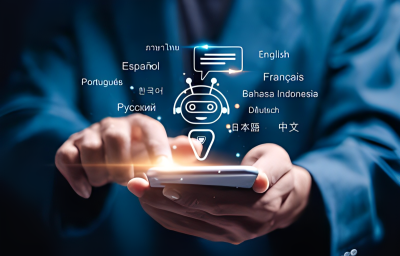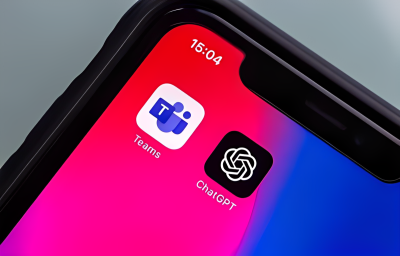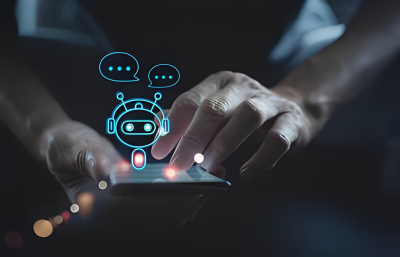Highlights:
- Azure Government is a specialized variant of the Azure cloud that adheres to several strict security and data-compliance regulations to support government agencies.
- Microsoft’s Chief Technology Officer for strategic missions and technologies, Bill Chappell, stated that federal, state, and local government agencies could experiment with OpenAI’s services in Azure Government to answer research questions, produce computer code, and summarize field reports.
Microsoft Corporation recently announced that the Azure Government cloud infrastructure platform users now have access to the most recent artificial intelligence models created by ChatGPT developer OpenAI LP.
Through the Azure OpenAI service, the company announced in a blog post that Azure Government users can experiment with two of OpenAI’s large language models, GPT-3 and GPT-4. Microsoft is the largest investor in OpenAI, and its models are used to operate the Bing chatbot.
Azure Government is a specialized variant of the Azure cloud that adheres to several strict security and data-compliance regulations to support government agencies. The U.S. Energy Department, the U.S. Defense Department, and the National Aeronautics and Space Administration are among its clients.
Microsoft did not disclose which Azure Government customers will begin using the Azure OpenAI service. However, Bloomberg reported that the Defense Technical Information Center, a branch of the Defense Department focused on sharing military research, will experiment with OpenAI’s models through the new offering.
Regular Azure users have had access to OpenAI’s models for some time. In recent months, the Azure OpenAI service has experienced accelerated expansion. Microsoft reported more than 4,500 users in May, up from 2,500 in the previous quarter. Inter IKEA Systems B.V., Volvo AB, Mercedes-Benz Group AG, and Shell Plc are some of these consumers.
Large language models such as GPT-3 and GPT-4 are trained on vast amounts of internet data and have captivated the public since the release of ChatGPT late last year due to their human-like responses to queries. Numerous technology companies have introduced specialized chatbots this year to assist with content creation, programming, marketing, and blockchain querying tasks. However, the emergence of generative AI technologies has sparked heated public debates over whether or not AI research should be regulated or limited.
Government agencies have had limited access to generative AI up until this point. Microsoft’s Chief Technology Officer for strategic missions and technologies, Bill Chappell, stated that now that OpenAI’s services are available in Azure Government, federal, state, and local government agencies can begin experimenting with the technology to answer research questions, generate computer code, and summarize field reports. Government agencies can access GPT-3 and GPT-4 like commercial users through a chat-like interface.
According to Chappell, the OpenAI models are hosted in Azure’s commercial cloud environment, which is wholly distinct from the Azure Government cloud. As a result, each query sent to OpenAI’s models by Azure Government customers will be encrypted and relayed via a private connection, avoiding the public internet. Furthermore, the business stated that no Azure Government data would be utilized to train OpenAI models.
According to Holger Mueller of Constellation Research Inc., the constraints on the use of government data are clearly tied to compliance and data protection issues. Still, they will impede government users from researching the full potential of generative AI.
Holger Mueller said, “Microsoft offering its OpenAI service to Azure Government users is a good start, but it is hampered somewhat by the service being hosted in its commercial cloud space. It means AI models can’t be trained using government data, which hamstrings their AI efforts. So the question remains: Who will be the first cloud vendor to provide the U.S. government with full generative AI capabilities?”














